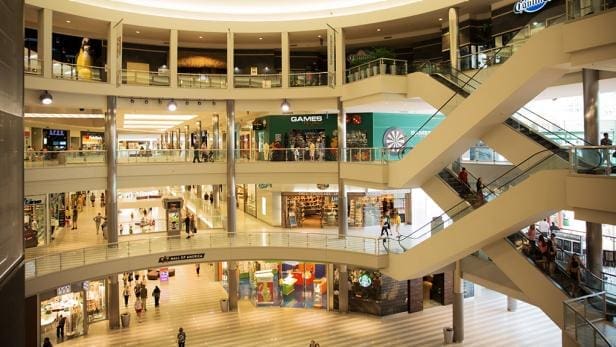Around 200 retailers and restaurants have decided not to reopen their stores in malls that don’t heed to their plea to renegotiate rents and move to a flat revenue-sharing arrangement for some months whenever the shopping centres opens after the Covid-19 crisis.
“This group has taken a decision not to open their stores till they (malls) give relief,” said the CEO of a brand who requested not to be identified. “This is a unanimous agreement by around 200 brands.”
Retailers, though, said their priority is to engage with mall operators and find a solution to the issue.
Shopping centres in several top cities were shut for weeks even before the national lockdown started on March 25 to stem the spread of the novel coronavirus, and that severely dented their working capitals amid inventory pile-up, they said.
“There is a genuine inability to pay rents when the sale is zero for the last forty days,” said the CEO of a global brand that is part of the group. “If malls are not reasonable, then such drastic steps (of boycotts) have to be taken.”
Mall operators said they are open to negotiations, but flagged “cartelisation”.
“These are two separate issues: one is rent relief and other is cartelisation,” said Abhishek Bansal, executive director of Pacific Malls that operate shopping centres in west Delhi and in Dwarka. “No mall owner has said that we will not discuss a way forward on opening the malls and on reliefs. All the mall owners are saying we do not appreciate cartelisation and we will not discuss on cartel basis but one to one.”
Mall operators said they, too, are stung by the Covid-19 closure and many are unable to service bank debts that are linked to the monthly rents they receive from the tenants.
The development comes barely a week after 195 retailers and restaurants, including Future Group, Aditya Birla Fashion, Arvind Brands, Domino’s Pizza, Adidas and Levi’s, collectively wrote letters asking mall operators to switch their tenancy to a flat revenue-sharing model with no common area maintenance charges for nine months from March to November 2020.
In the letter sent to hundreds of malls all over the country, the retailers proposed payments of 10-12% of revenue including maintenance by standalone brands, 7-8% by fast-food operators and large format lifestyle stores, 3-4% by supermarkets, and 1-2% by electronics and mobile retailers.
Industry experts said retailers and malls will eventually have to find a solution.
“It is not just a transitional dispute…malls and retailers are literally physically living together,” said Harminder Sahni, founder of retail consultancy Wazir Advisors. “In a way, factory suppliers are also partners to retailers but they don’t share physical space. Here, malls have nine, ten, 19 years’ leases with retailers.”

